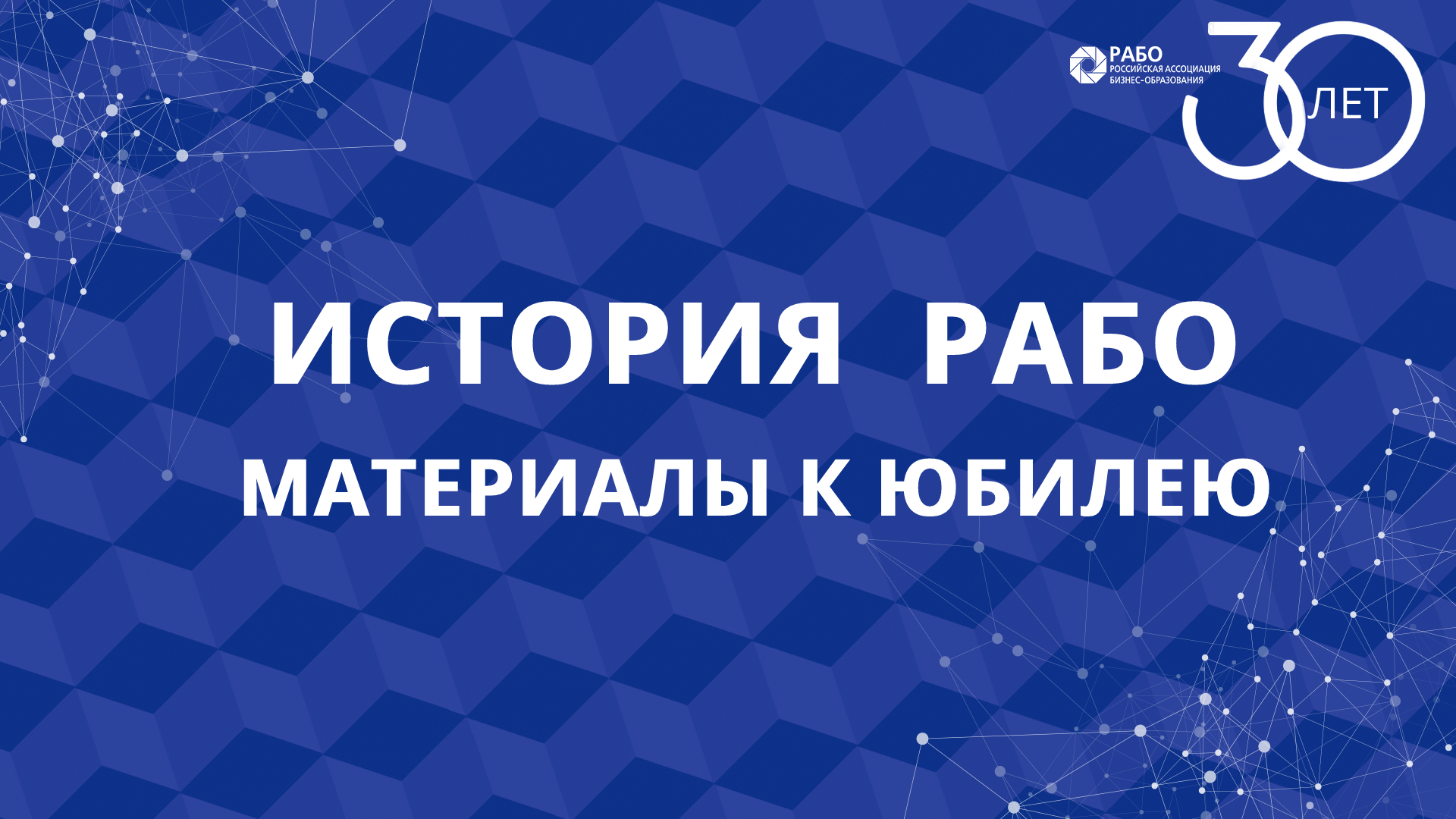Nationalism and international relations
С открытой датой
Описание мероприятия
Язык обучения: английскийОписание программы
This course provides an introduction to the study of one important aspect of nationalism, namely its impact on international relations.
More specifically, this course aims considers:
- theories and problems of nationalism and international society and its relation to other ideologies such as communism, fascism and liberalism
- the historical background of nationalism in world politics
- the practice of nationalism in and beyond Europe since 1945 and its consequences for economic and political arrangements
- problems and practices of selfdetermination in a world of nation-states: boundaries, decolonisation, human and minority rights; racism, the resurgence of religion, humanitarian intervention, globalization and multiculturalism
- the relationship between evolving international norms (as disclosed in treaties, conventions, international organisations and political discourse) and changing state practices.
Assessment
This course is assessed by a three-hour unseen written examination.
Учебный план:
The rise of nationalism: concepts and definitions: The doctrine of nationalism; Rival definitions of the nation; Modernism and primordialism; ‘Nations’ and modernity; ‘Nations’ before modernity; Contested origins, contested futures
Nationalism and the Structure of International Society: A real estate model; The problem of legitimacy; The use of force; The extension of the system; The terms of nationalism discourse; National selfdetermination; National minority; Plebiscite; Irridentism; Secession
Nationalism and other ideologies: Ideology and international relations; An ideology for nationalists?; Liberalism and nationalism; Essentials of liberal thought; Tensions between liberal and nationalist principles; The liberal nationalist accommodation; Communism; Nationalism as false consciousness; The impact of the Russian Revolution; Fascism and National Socialism; A different kind of ideology; Pathological nationalism?
The spread of nationalism in Europe: Europe before nationalism; A changing political landscape; Language and nation; National self-determination; A new territorial status quo; State-building and minorities; Overcoming the territorial status quo: case study Kosovo;
The spread of nationalism beyond Europe: Africa and Asia before nationalism; Race and nation; A changing political landscape; Self-determination and equality of peoples; A new territorial status quo; State-building and minorities; Overcoming the territorial status quo: case study Eritrea
The future of nationalism: Identity and community; The challenge of minorities; The challenge of religion; The challenge of economic nationalism; The challenge of internationalism; the challenge of globalization; The challenge of postnationalism;
Результат обучения:
By the end of this course and having completed the essential reading and activities, you should be able to:
- critically examine the main concepts and theories employed in the study of nationalism
- account for the similarities and differences between nationalism and other leading ideologies (liberalism, communism, fascism, and national socialism)
- discuss the evolving role nationalism has played in international politics and the changing policy responses directed at problems of nationalism.
You should be able to produce lucid, coherent, analytic written papers which demonstrate an awareness of theories of nationalism and international society, as well as international norms and practices relevant to ethnic diversity within states.




